Casino With No Deposit Bonus Although there are no arcade games in Jackpot City, players can enjoy a variety of choices among the other games. Bitcoin Casino United Kingdom No Deposit Bonus Lets see how it plays at the best online casinos. Mobile Casino Deposit By Phone

Here are some tips to make it easier for Dementia patients and their caregivers
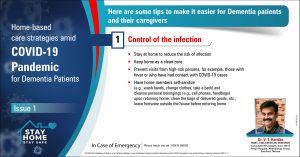
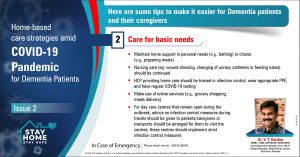
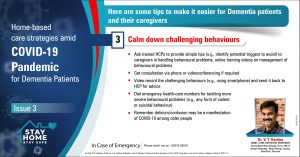
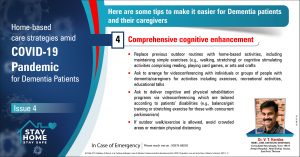
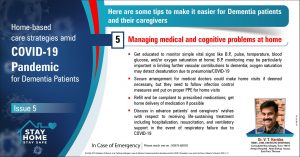
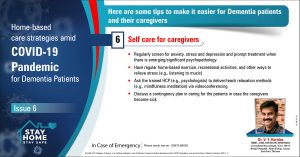

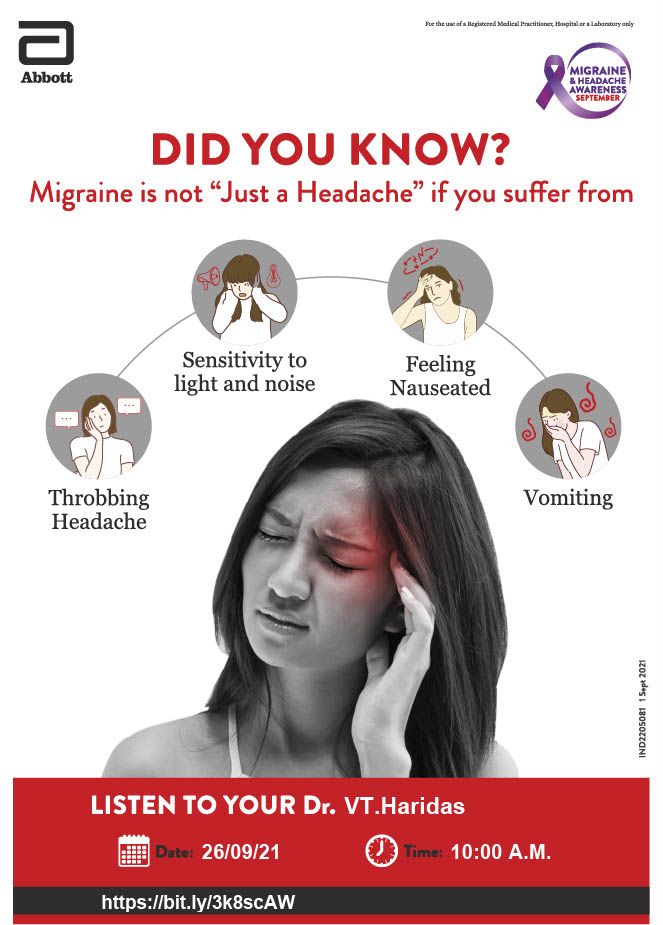
Medha Neuroclinic invites participants to join the session using below link through mobile or computers. Date: 26th Sep, Time: 10.00 am to 11.am. https://myabbottmeetings.webex.com/myabbottmeetings/j.php?MTID=ma3cec1e66c79b486afce63b28e7903f8

Through the open window , looking towards the center of the city of Paris ,Felix Vicq d’Azyr could easily appreciate the reddish hue of the festive fire lighting up the evening sky . The festival of the supreme being was reaching the peak of frenzy. He felt a worsening of his breathlessness. Thousands of sandbags were on his chest.The white…
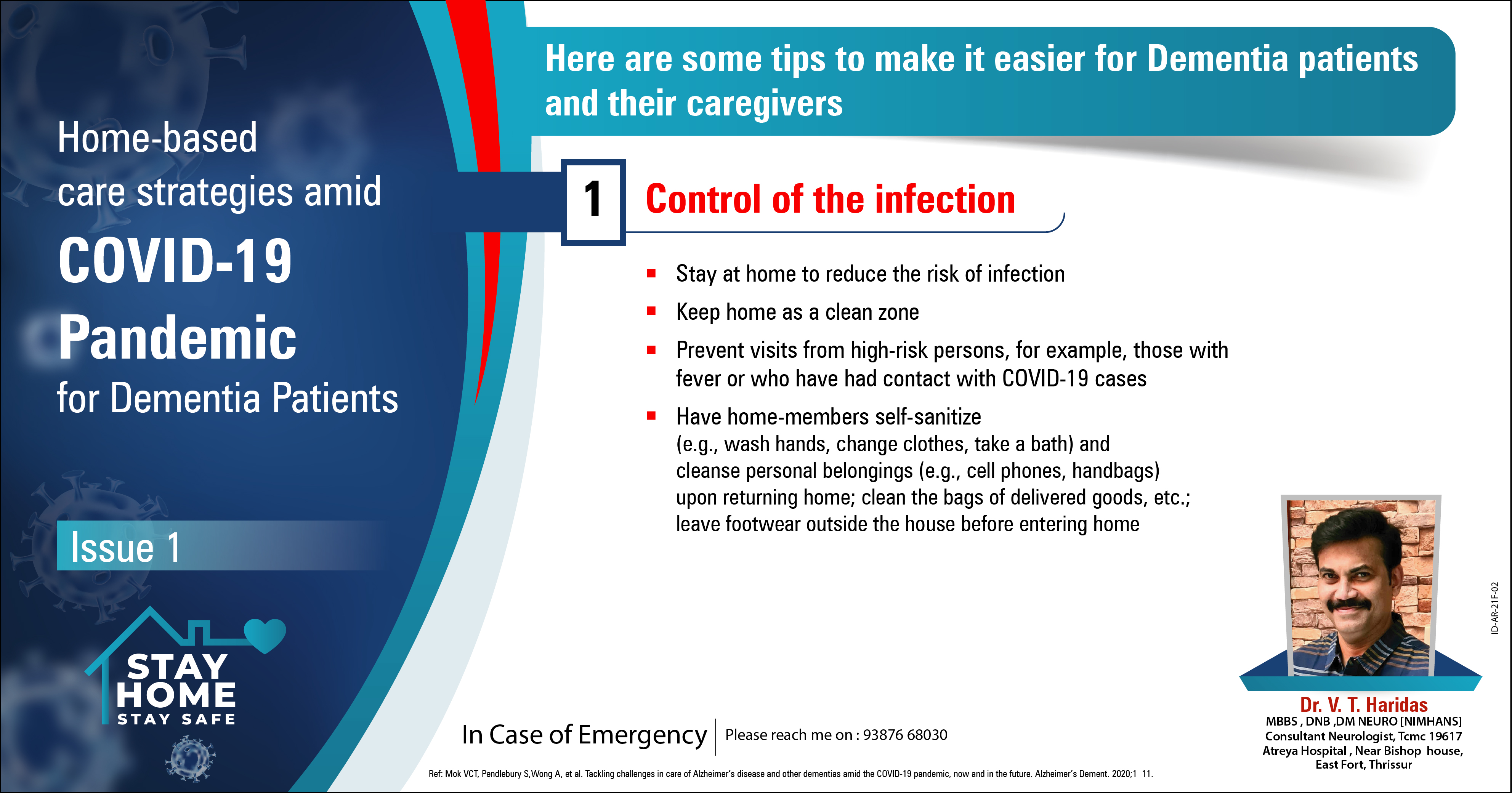
Here are some tips to make it easier for Dementia patients and their caregivers 1 .Control of the infection Stay at home to reduce the risk of infection Keep home as a clean zone Prevent visits from high-risk persons, for example, those with fever or who have had contact with COVID-19 cases Have home-members self-sanitize (e.g., wash hands, change clothes,…

My email and WhatsApp inbox had a tough day on July 1. It was more like a Mumbai Suburban train on Saturday evening --all colors, shapes, language, faces and slogans And everyone proclaimed the greatness of my profession, untiring services rendered, and the sacrifices made by my companions. This year Doctor's day saw an unprecedented rise in the number of…
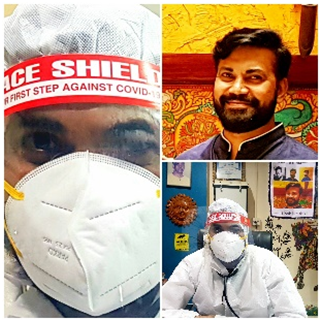
Her request sounded very genuine and the tone was sincere even though It left me perplexed and surprised .This was the third visit of the 65 year old lady with troublesome positional vertigo. Fortunately , I could cure her with two repositioning maneuvers .I suggested her to stop all medicines and declared she no longer needs any visit to my…
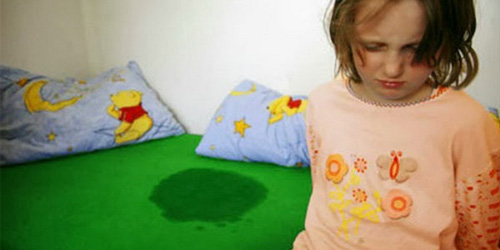
Urinary bladder has a complex innervations with somatic and sympathetic systems and carries out dual functions of storage and emptying of urine. At least 25% of the clinical problems seen in pediatric urology are the result of neurologic lesions that affect the lower urinary tract function. Our increasing understanding of the neurophysiology of bladder coupled with advances in urodynamic techniques…
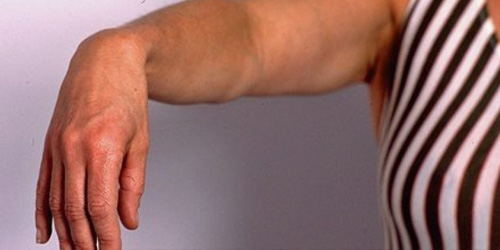
A stroke is a condition in which the brain cells suddenly die because of a lack of oxygen. This can be caused by an obstruction in the blood flow, or the rupture of an artery that feeds the brain. The patient may suddenly lose the ability to speak, there may be memory problems, or one side of the body can…
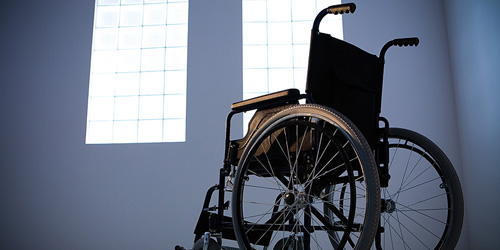
Multiple sclerosis affects the brain and spinal cord. Early symptoms of multiple sclerosis include weakness, tingling, numbness, and blurred vision. Other possible warning signs are muscle stiffness, thinking problems, and urinary problems. A multiple sclerosis diagnosis is made by the history of symptoms and a neurological exam, often with the help of tests such as an MRI or a spinal…

Epilepsy is a chronic disorder characterized by recurrent seizures, which may vary from a brief lapse of attention or muscle jerks, to severe and prolonged convulsions. The seizures are caused by sudden, usually brief, excessive electrical discharges in a group of brain cells (neurones). In most cases, epilepsy can be successfully treated with anti-epileptic drugs.

Dr V.T.Haridas is a Senior Consultant Neurophysician at Elite Mission Hospital, Thrissur, Kerala. He received his medical degree from the Thrissur Medical College and had his two years Post Graduate Training in General Medicine at the Kottayam Medical College. He completed his DM Neurology training at NIMHANS, Bangalore, Dr.Haridas has also received DNB degrees in General medicine as well as DNB neurology. He was a rank holder during his Graduation and his area of interest is Neuro-rehabilitation.
view more